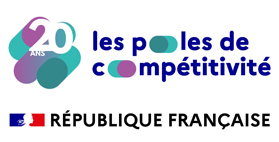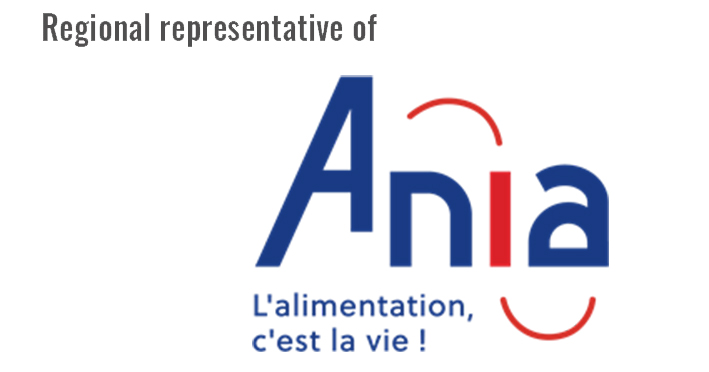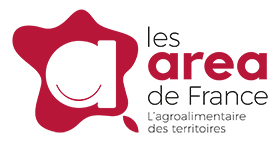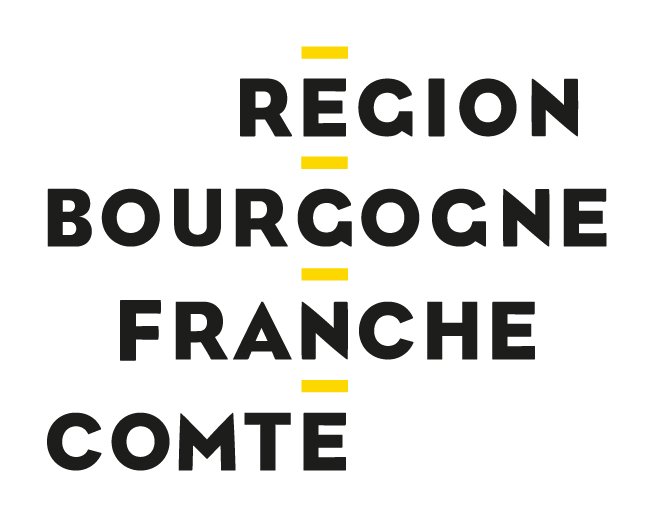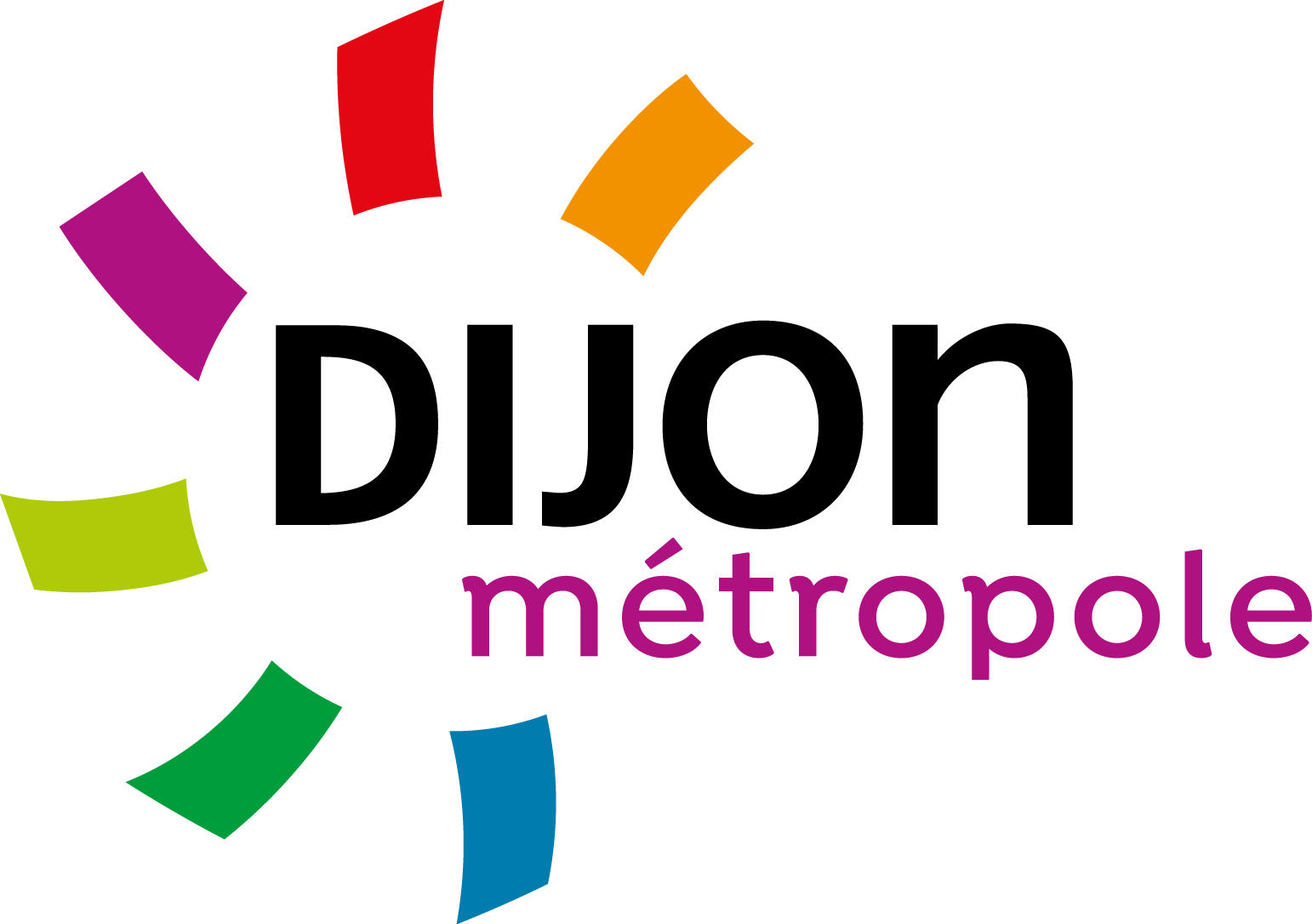05 January 2022
The sustainability of sugar replacers, biostimulant mulch and controlling food-borne pathogens

Updates on Vitagora's innovation projects
SWEET - Sugar replacers: measuring sustainability thanks to life cycle assessments
The European research project SWEET*, of which Vitagora is a parter, has the goal of analysing the long term effects of sugar replacement by specific sweeteners. A part of the program concerns the association of 3 types of life cycle assessments (LCA), with the goal of evaluating the areas of impact of sugar substitutions in terms of several aspects of sustainability.
LCA is a multicriteria tool used to review and quantify the potential impact of a product throughout its life cycle. For the SWEET research program, 3 types of LCA will be used:
- An LCA on environmental impact
- An LCA measuring social impact
- An lCA measuring economic impact
This is the first time that these 3 types of analysis will be used together in order to provide an in-depth evaluation of the sustainability of a food system.
Vitagora is involved in the communication and dissemination work package, and is taking part in the organisation of project partner workshops, as well as meetings with stakeholders who will be consulted in relation to the LCAs.
*The SWEET project was launched in 2018 and brings together 29 European partners, including Vitagora and several of its members (Cargill, Tereos, CSGA). This project will carry out a number of studies in order to examine the long term effects of substituting sugar with other sweeteners and sweet taste enhancers, in order to promote healthy eating, combat obsesity and improve food safety for the European Union.
Mulch Catalyse – Exploring the biostimulant properties of plant-based mulch
The project Mulch Catalyse* has carried out a feasibility study in order to prove the biostimulant capacities of plant mulches containing hemp, flax and nettles applied to horticultural productions. This study is led by the company Géochanvre in association with the Agroecology research centre in Dijon.
In parallel to bibliographical studies documenting the biostimulant effets of the target plant materials (hemp, flax and nettle), experiments have been carried out in controlled greenhouse conditions, as well as in horticultural fields of the Burgundy-Franche-Comté region. Test plots were put in place using the different types of biodegradeable mats, as well as control plots with either bare soil or plastic covering.
The experiment's results were conclusive, allowing Géochanvre to provide empirical evidence of the biostimulant effects of the plant-based mats: compared to bare soil, the hemp or flax mats had a positive effect on the nitrogen and phosphorous cycles and their bioavailability for plants. In addition, these two types of mats strongly improved the biodegradeability of complex organic matter. Nettles played a different role, stimulating the cycles of carbon, sulphur and nitrogen.
The plots covered with plastic showed less positive results in terms of soil biostimulation.
The study thus provided an overall confirmation of the biostimulant effect of the plant-based mats developed by Géochanvre, in particular those using hemp and flax.
*Mulch Catalyse is a project with a budget of 200,000€, partly funded by the Burgundy-Franche-Comté region. It is led by Géochanvre.
PathoFood at its halfway point
[Food safety] Better understanding pathogenic bacteria to better predict their behaviour
The research project PATHFOOD, accredited by Vitagora, is now half way through its 4-year program. This project aims to better understand the interactions of pathogenic bacteria in a variety of complex food matrices (in particular meat and cheese), as well their interactions with "good bacteria". The goal is to develop tools for modelling pathogenic bacterial behaviours in order to more effectively prevent harmful contamination of food. The results of the project are expected for the beginning of 2022.
The originality of PATHOFOOD is to take into account the various microenvironments that co-exist within a single food matrix, each with different physico-chemical, biochemical and microbial properties. Several studies have thus been carried out or are underway to generate data on the interactions between microbial communities in variable conditions: food composition, the presence of biopreserving flora etc. This data will allow the project partners to develop a series of predictive models to better estimate the growth, survival or inactivity of pathogenic bacteria.
The project is specifically interested in characterising two dangerous food-borne bacteria known to contaminate food products at very low initial levels: Escherichia coli O157:H7 andListeria monocytogenes. The food products tested for the study are minced beef patties and soft cheeses. These two products present a risk of contamination by the two pathogens, as well as offering contrasting examples of food matrices for the purposes of the study.
Since the project's launch, three researchers have been recruited to assist the PATHOFOOD teams in their research program. A first scientific communication was presented during a scientific concerence in Paris, in March 2019, while the scientific and food business communities are eagerly awaiting further results.
*Coordinated by INRAE UMR MEDIS, a research team based in Clermont-Ferrand, the PATHOFOOD project is funded by the French national research agency. Beginning in 2018, the project is run by a multidisciplinary group of scientists (INRAE UMR MICALIS, UL LIBio, ANSES LSA) and food industry technical institutes (Aérial, Actalia and Adiv).
Find out more
Press contact:
Marthe Jewell, marthe.jewell@vitagora.com,
Tel.: +33 (0)3 80 78 97 92, Mob.: +33 (0)6 60 65 87 16




 Home
Home

